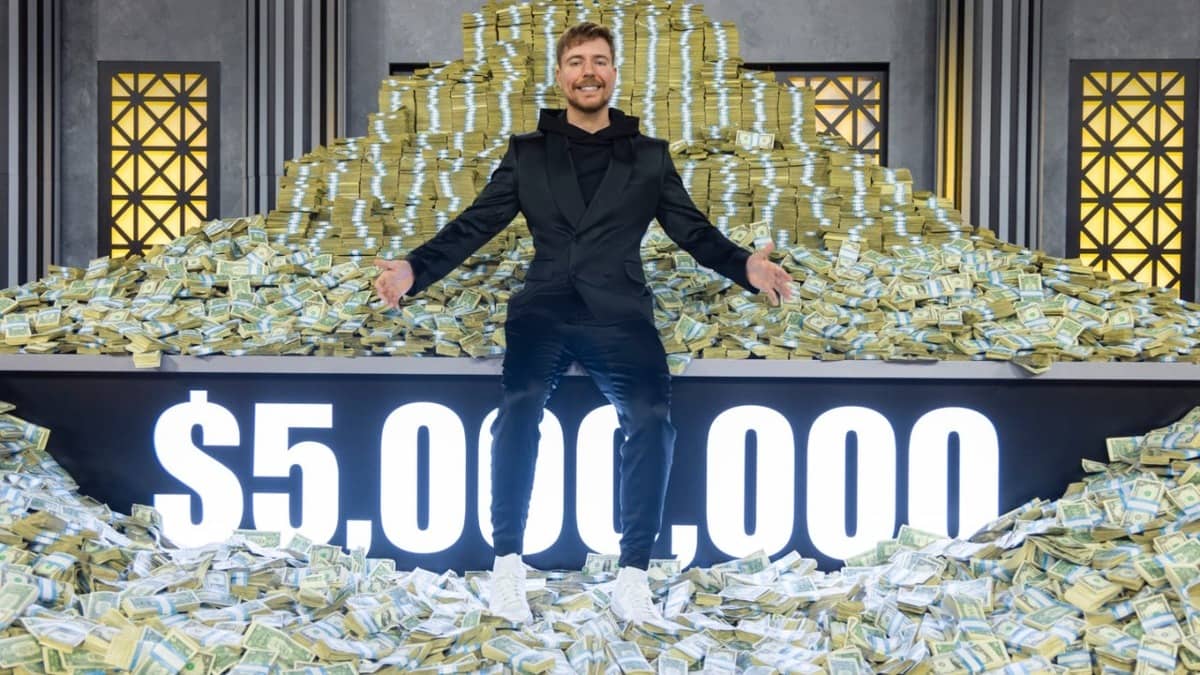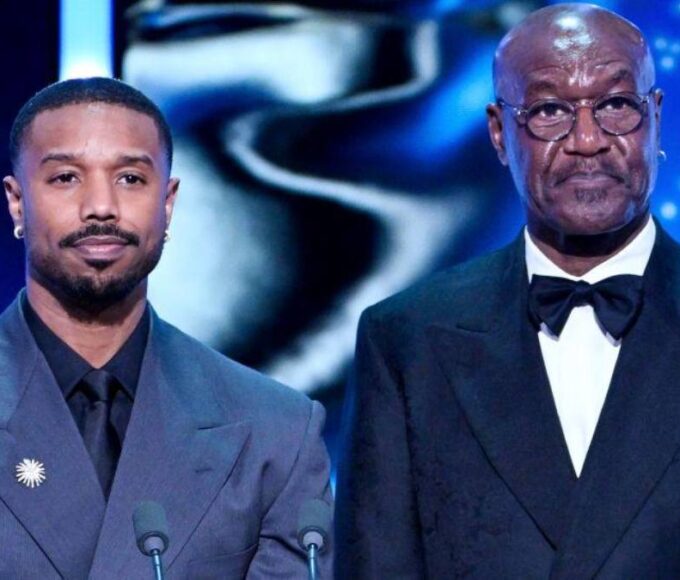Amazon’s latest reality competition show, Beast Games, marks a turning point in entertainment. Hosted by YouTube megastar MrBeast (Jimmy Donaldson), the show brings YouTube’s extreme, attention-grabbing formula to mainstream television.
With 1,000 contestants, a $5 million cash prize, and over 1,100 cameras, it’s the most expensive reality competition ever made—but does that make it good TV?
A YouTube Spectacle on a Streaming Budget
While Beast Games is undeniably massive in scale, critics argue that it still looks and feels like a YouTube video. The bright, chaotic editing, rapid pacing, and over-the-top stunts are trademarks of MrBeast’s content, which attracts over 360 million subscribers on YouTube.
Despite the bigger budget, the show lacks the polish of traditional TV and instead embraces a fast, flashy, algorithm-driven aesthetic designed to maximize engagement.

Amazon’s gamble is paying off—Beast Games is already the platform’s most-watched unscripted series ever, reaching 50 million viewers in just 25 days. The first three episodes were even uploaded to YouTube, reinforcing how streaming and social media are merging.
The YouTube-ification of Television
The success of Beast Games raises a bigger question: Is television evolving into YouTube?
YouTube is now the most-watched platform on TV screens in the U.S., according to the company. CEO Neal Mohan even declared that “YouTube is the new television” in his 2025 annual letter.
While traditional Hollywood has struggled to integrate YouTube stars into scripted productions, the platform’s influence on entertainment is undeniable.
Streaming services are increasingly chasing “content” over storytelling, driven by an algorithmic need to keep viewers watching.
From Netflix’s endless catalog of reality shows to the rise of fast, cheap, and attention-driven productions, Hollywood is shifting toward the same clickbait-style entertainment that dominates YouTube and TikTok.

MrBeast’s Influence on the Future of TV
MrBeast isn’t just a YouTuber—he’s now an Amazon Prime star, producing a show inspired by Netflix’s Squid Game. His obsession with being the biggest, most viral entertainer aligns perfectly with the streaming industry’s shift toward pure engagement over substance.
As one of MrBeast’s own directors put it, “These algorithms are poisonous to humanity… Platforms encourage someone like me to study a retention graph so I can make the next video more addicting.” In other words, the goal isn’t to make great television—it’s to hold attention at all costs.
The question now is: Will Hollywood fully embrace this model? Or is MrBeast’s rise a sign that YouTube has already won?












Leave a comment